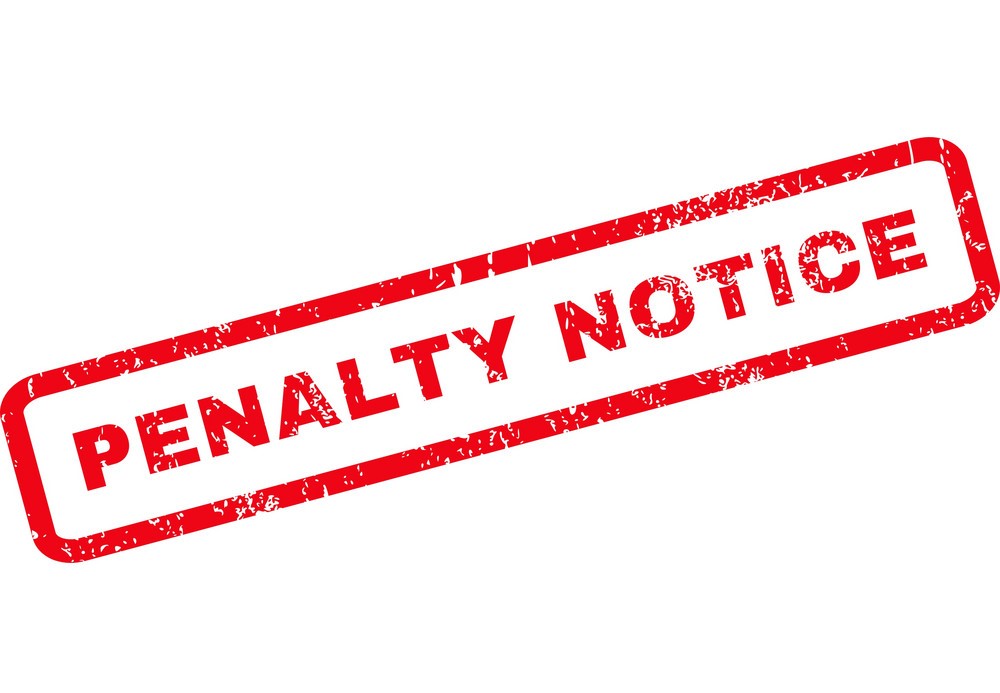
Director Penalty Notice regime now includes the GST
[fusion_builder_container hundred_percent=”no” hundred_percent_height=”no” hundred_percent_height_scroll=”no” hundred_percent_height_center_content=”yes” equal_height_columns=”no” menu_anchor=”” hide_on_mobile=”small-visibility,medium-visibility,large-visibility” status=”published” publish_date=”” class=”” id=”” background_color=”” background_image=”” background_position=”center center” background_repeat=”no-repeat” fade=”no” background_parallax=”none” enable_mobile=”no” parallax_speed=”0.3″ video_mp4=”” video_webm=”” video_ogv=”” video_url=”” video_aspect_ratio=”16:9″ video_loop=”yes” video_mute=”yes” video_preview_image=”” border_size=”” border_color=”” border_style=”solid”][fusion_builder_row][fusion_builder_column type=”1_1″ layout=”1_1″ spacing=”” center_content=”no” link=”” target=”_self” min_height=”” hide_on_mobile=”small-visibility,medium-visibility,large-visibility” class=”” id=”” background_color=”” background_image=”” background_image_id=”” background_position=”left top” background_repeat=”no-repeat” hover_type=”none” border_size=”0″ border_color=”” border_style=”solid” border_position=”all” border_radius=”” box_shadow=”no” dimension_box_shadow=”” box_shadow_blur=”0″ box_shadow_spread=”0″ box_shadow_color=”” box_shadow_style=”” padding_top=”” padding_right=”” padding_bottom=”” padding_left=”” margin_top=”” margin_bottom=”” animation_type=”” animation_direction=”left” animation_speed=”0.3″ animation_offset=”” last=”no”][fusion_text columns=”” column_min_width=”” column_spacing=”” rule_style=”default” rule_size=”” rule_color=”” hide_on_mobile=”small-visibility,medium-visibility,large-visibility” class=”” id=””]
Director Penalty Notice regime now includes the GST
As a key plank of the reform to curtail illegal phoenix activity commenced on 1 April 2020, the Director Penalty Notice (‘DPN’) regime has been extended to include companies’ GST, Wine Equalisation Tax (‘WET’) and Luxury Car Tax (‘LCT’) liabilities.
This means that, in addition to PAYG withholding and superannuation guarantee charge (‘SGC’), the ATO will now be able to hold directors personally liable for an amount equal to their company’s unpaid GST, WET and LCT liabilities.
What is the Director Penalty regime?
The Director Penalty regime empowers the Commissioner of Taxation to recover an amount equal to a company’s outstanding tax liabilities from its directors personally through the issuance of a DPN. DPNs are created automatically at the end of the day that a company’s obligations become due. However, the ATO can only start recovery proceeding to enforce a DPN after 21 days of the DPN’s issuance, although no action can be taken for the next six months (April – October 2020) given the government’s relaxing of regulatory framework in response to COVID-19.
Under the regime, there are two types of DPNs:
- Where a company’s tax liabilities are unpaid but reported to the ATO through the prompt lodgement of BAS and superannuation guarantee statements, a Non Lockdown DPN would be issued. A Non Lockdown DPN can be remitted either by paying the outstanding amount or by placing the company into external administration within 21 days of the DPN’s issuance.
- A Lockdown DPN would be issued where a company has neither paid its tax liabilities nor complied with its statutory reporting obligations. Such a DPN can only be discharged through the full payment of the amount owed.
Previously, the only tax obligations covered by the DPN regime were the PAYG withholding and SGC. As such, the ATO has no recourse to recover unpaid GST from a company apart from taking direct action against the company, either by issuing a garnishee notice to the company’s debtors or commencing a proceeding to wind up the company.
Expansion of the DPN regime
Under the Treasury Laws Amendment (Combating Illegal Phoenixing) Act 2020 (Cth) that came into force on 1 April 2020, the DPN regime has been expanded to incorporate unpaid GST, WET and LCT liabilities. This is a valuable addition to the ATO’s repertoire to enforce the GST, and is done through amending the Tax Administration Act as follows:
- Section 268-10 – enables the ATO to collect estimates of anticipated GST, WET and LCT liabilities;
- Section 269-30 – enables the ATO to issue DPNs to company directors in respect to unpaid GST, LCT and WET liabilities and estimates of those liabilities.
The existing distinction between Non Lockdown and Lockdown DPNs applies to GST as well. This means that, if a company fails to pay GST but lodges its BAS on time, the directors can avoid personal liability imposed by a Non Lockdown DPN by paying the outstanding GST or place the company in external administration within 21 days of the DPN’s issuance.
Where a company fails to pay GST and fails to lodge its BAS within three months of being due, a Lockdown DPN will automatically render the director personally liable for unpaid GST as estimated by the ATO. The only way to remit the Lockdown DPN is for the company to pay the outstanding amount.
How to avoid personal liability under the DPN regime?
Directors may take the following precautions to avoid personal liability under the DPN regime:
- Lodge BAS and SGC Statements on time. If these statutory lodgements are made but required amounts are not paid, directors will still have 21 days from the issuance of the DPN to place a company in external administration to avoid personal liability.
- Plan ahead and have a projection of future cash flow. Prepare tax-related records diligently and incorporate tax payments as an integral part of planned expense.
- If the company is under financial distress, seek qualified advice at an early stage is crucial. A professional advisor will be able to help you to assess the financial position of the company and the risks associated with being held personally liable for tax debts by DPNs.
- If the company is unable to meet its tax obligations, contact the ATO promptly to discuss the company’s situation and negotiate for a special payment arrangement.
The team at Collins Wentworth are experienced in business financial matters. If you have concerns about your company structure and wish to know more about how we can assist you, contact us today.
[/fusion_text][/fusion_builder_column][/fusion_builder_row][/fusion_builder_container]











